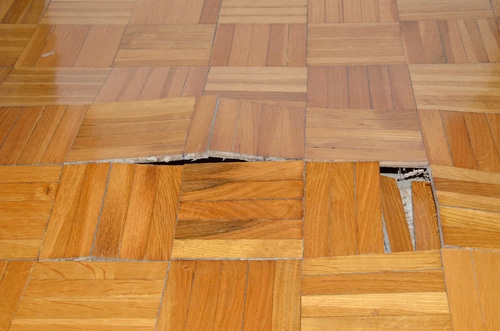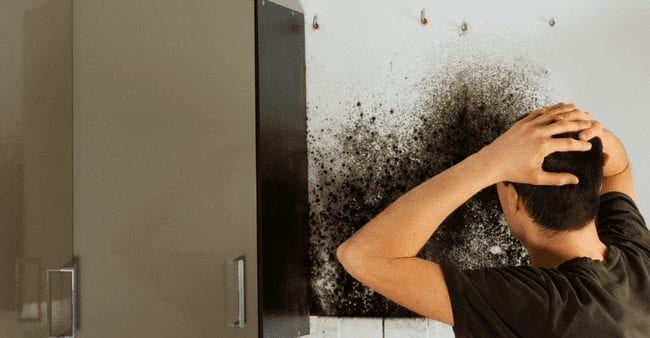Have you been trying to find know-how on Locating water leaks?

Early detection of leaking water lines can mitigate a potential catastrophe. Aside from saving you money, it will lessen the irritation and also irritation. The moment you locate a leak, calling your plumber for repairs is the most effective remedy. However, some little water leaks might not show up. If you can not detect it with your nude eyes, here are some hacks that help.
1. Examine the Water Meter
Every house has a water meter. Inspecting it is a surefire manner in which helps you find leaks. For beginners, shut off all the water sources. Guarantee no person will purge, utilize the faucet, shower, run the washing maker or dishwasher. From there, go to the meter and also watch if it will change. Because no person is utilizing it, there ought to be no motions. If it moves, that shows a fast-moving leak. Also, if you discover no changes, wait an hour or more and also examine back once more. This means you might have a slow leakage that could also be underground.
2. Inspect Water Consumption
Analyze your water bills and also track your water usage. As the one paying it, you need to observe if there are any kind of inconsistencies. If you find sudden changes, regardless of your consumption coinciding, it means that you have leakages in your plumbing system. Remember, your water bill must fall under the same array on a monthly basis. A sudden spike in your costs shows a fast-moving leak.
At the same time, a constant rise monthly, despite having the exact same behaviors, reveals you have a slow leak that's also gradually rising. Call a plumber to thoroughly check your residential property, particularly if you feel a cozy location on your flooring with piping beneath.
3. Do a Food Coloring Examination
When it comes to water consumption, 30% comes from toilets. If the shade somehow infiltrates your bowl during that time without flushing, there's a leak in between the tank as well as dish.
4. Asses Outside Lines
Don't forget to check your outdoor water lines too. Must water permeate out of the connection, you have a loose rubber gasket. One tiny leak can throw away bunches of water and also surge your water expense.
5. Assess the circumstance and check
Homeowners ought to make it a habit to check under the sink counters and also even inside cupboards for any kind of bad odor or mold and mildew growth. These 2 red flags show a leak so prompt focus is required. Doing regular examinations, also bi-annually, can save you from a major problem.
Examine for discolorations and deteriorating as many pipes and home appliances have a life span. If you think leaking water lines in your plumbing system, don't wait for it to escalate.
Early discovery of dripping water lines can alleviate a prospective disaster. Some small water leaks may not be noticeable. Inspecting it is a guaranteed means that aids you discover leaks. One tiny leakage can throw away lots of water and spike your water expense.
If you think dripping water lines in your plumbing system, do not wait for it to intensify.
5 Signs that Your Home Has a Hidden Leak
Your water bill is unusually high without explanation
Generally, your water bill tends to stay consistent throughout the year as long as the same number of people live in your household year round. The bill might be higher during certain times of the year, such as summer, when your lawn may require more watering than it does in cooler months. However, if you notice a rise in your water bill that you can’t explain, it’s an indicator that there’s a hidden leak somewhere in your home.
You hear running water
One of the biggest signs that you have a water leak is the sound of rushing water when no plumbing fixtures are on and when no water-using appliances are running. If you hear running water in your walls when no water is being used anywhere in your home, locate your home’s main water shut-off valve, shut off your water supply, and contact a plumber at once.
Your home smells musty
Hidden leaks often occur in dark spaces, such as behind walls or under carpeting. Incidentally, darkness and moisture can create an ideal breeding environment for mold or mildew. If you start to smell mildew or the scent of rotting wood or stagnant water around your home, it’s a fair bet that a leak is the culprit.
You find wet spots around your home
The wet spots usually show up as moist areas in your carpeting. If your home has a basement level, puddles on the floor could indicate a slab leak. Outside, unexplainable puddles or lush, green patches in your yard often mean that there’s a leak in your sewer line or main water line.
You have stains, bubbles, or condensation on your walls/ceiling
Stains or condensation on your walls or ceiling are both major signs of a hidden leak. Also, drywall (AKA. sheetrock) is very absorbent, and as it takes on more water from a leak behind a wall, it will start to bubble, swell, or warp. If you see this happening in your home, don’t wait to contact a plumber before the water damage spreads.
https://www.ezflowplumbingaz.com/blog/2019/june/5-signs-that-your-home-has-a-hidden-leak/

I'm just very excited about Top leak detection hacks and I hope you liked the new post. If you please set aside a second to promote this article if you enjoyed it. We love reading our article about Detecting hidden plumbing leaks.